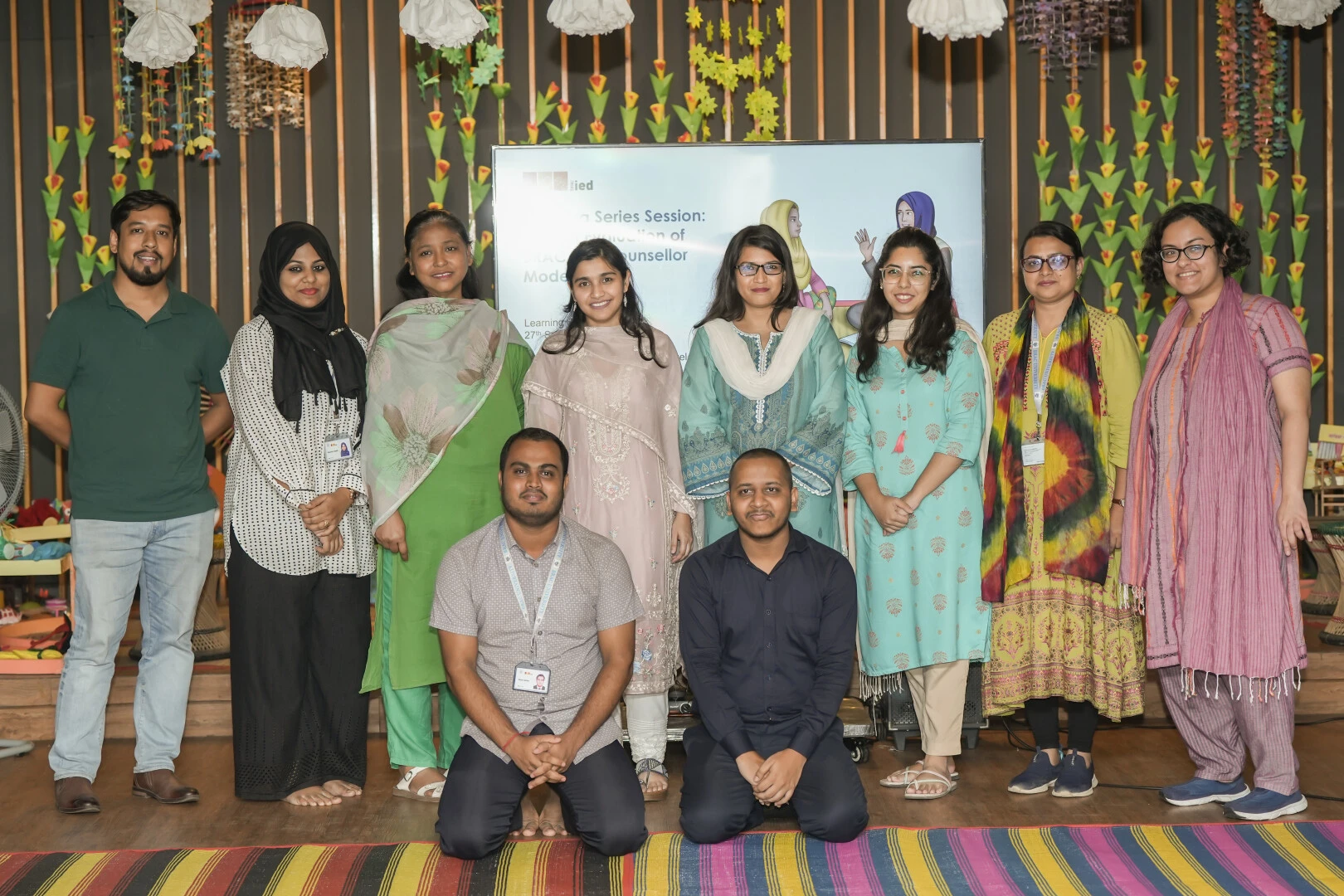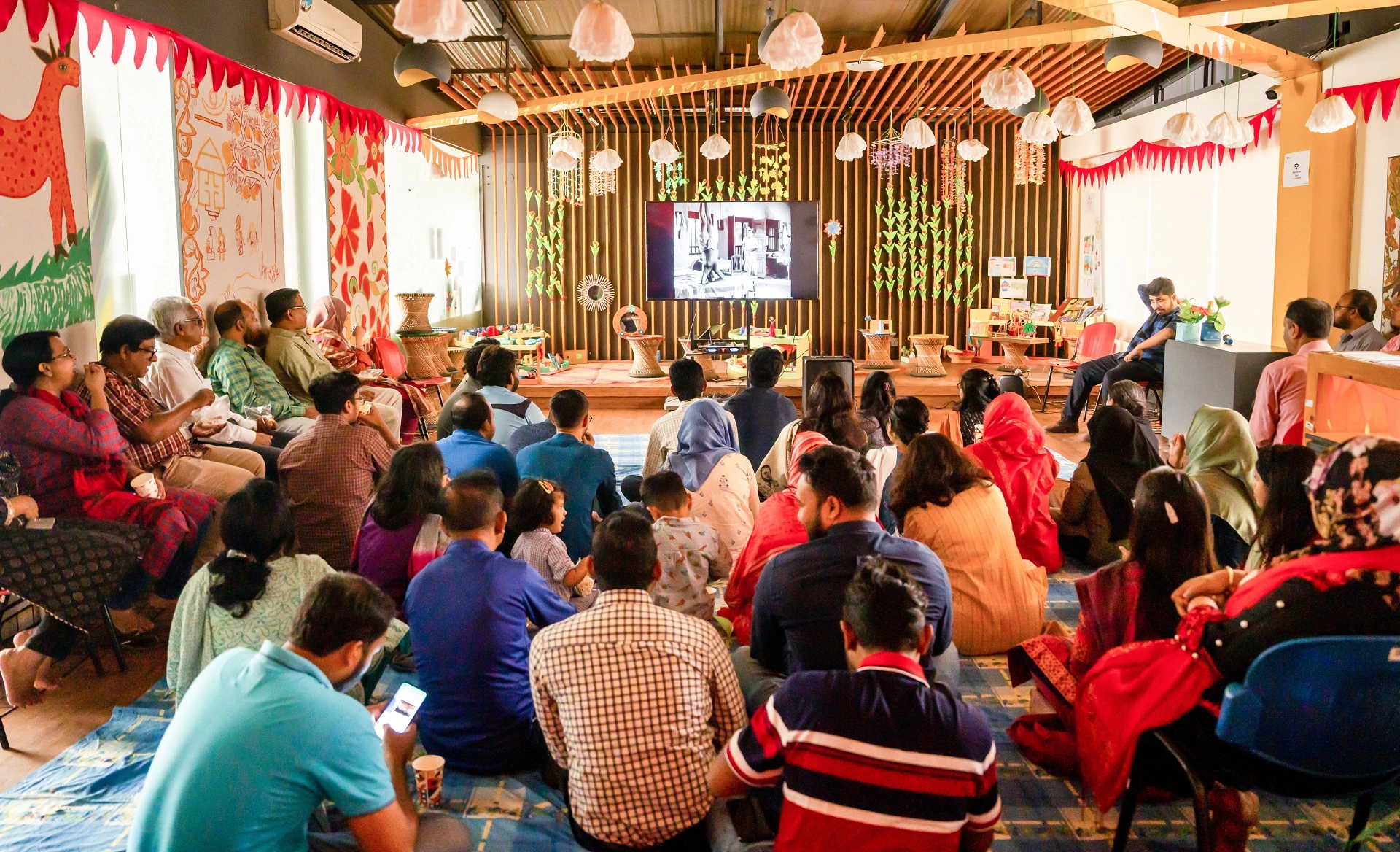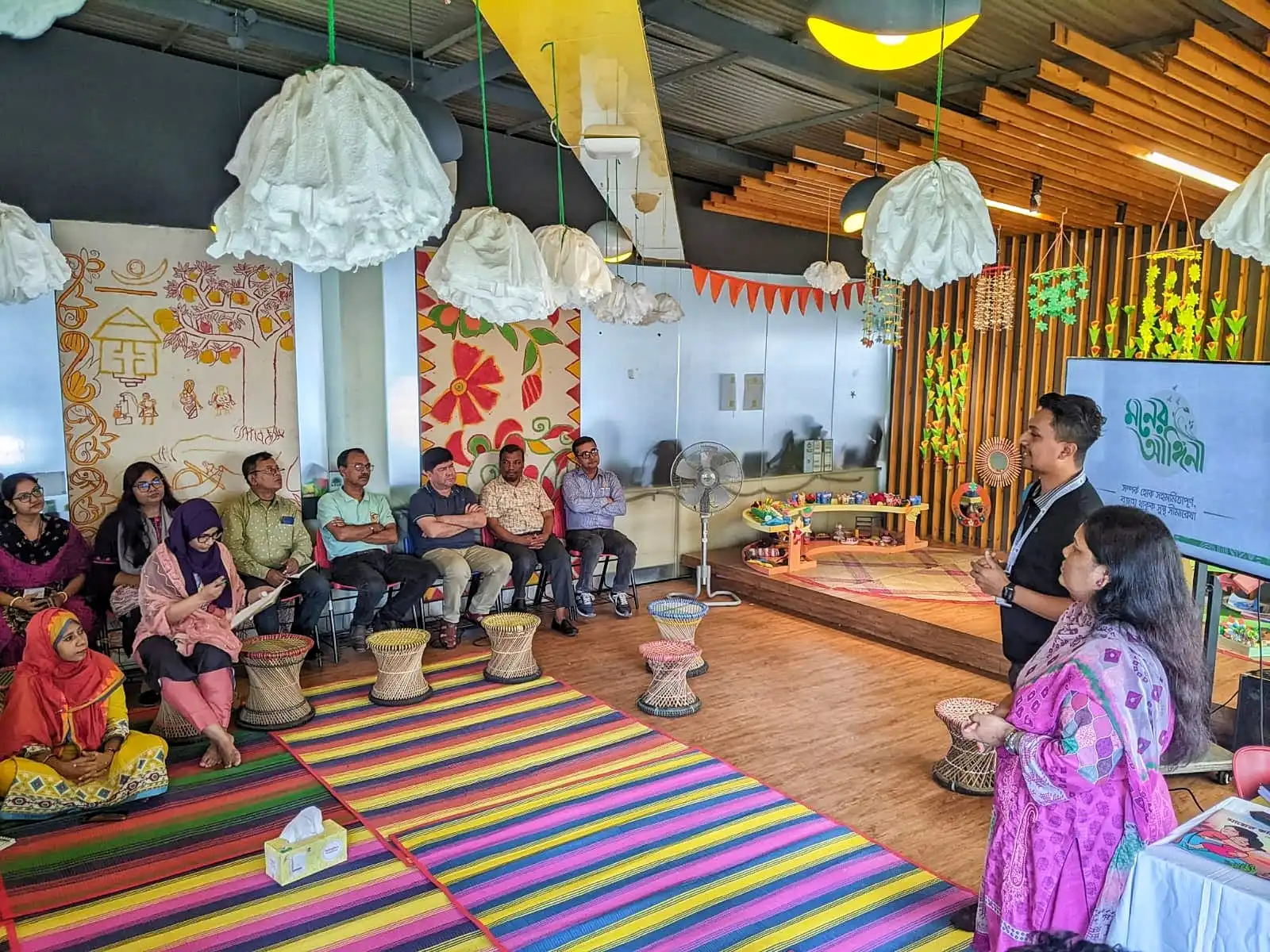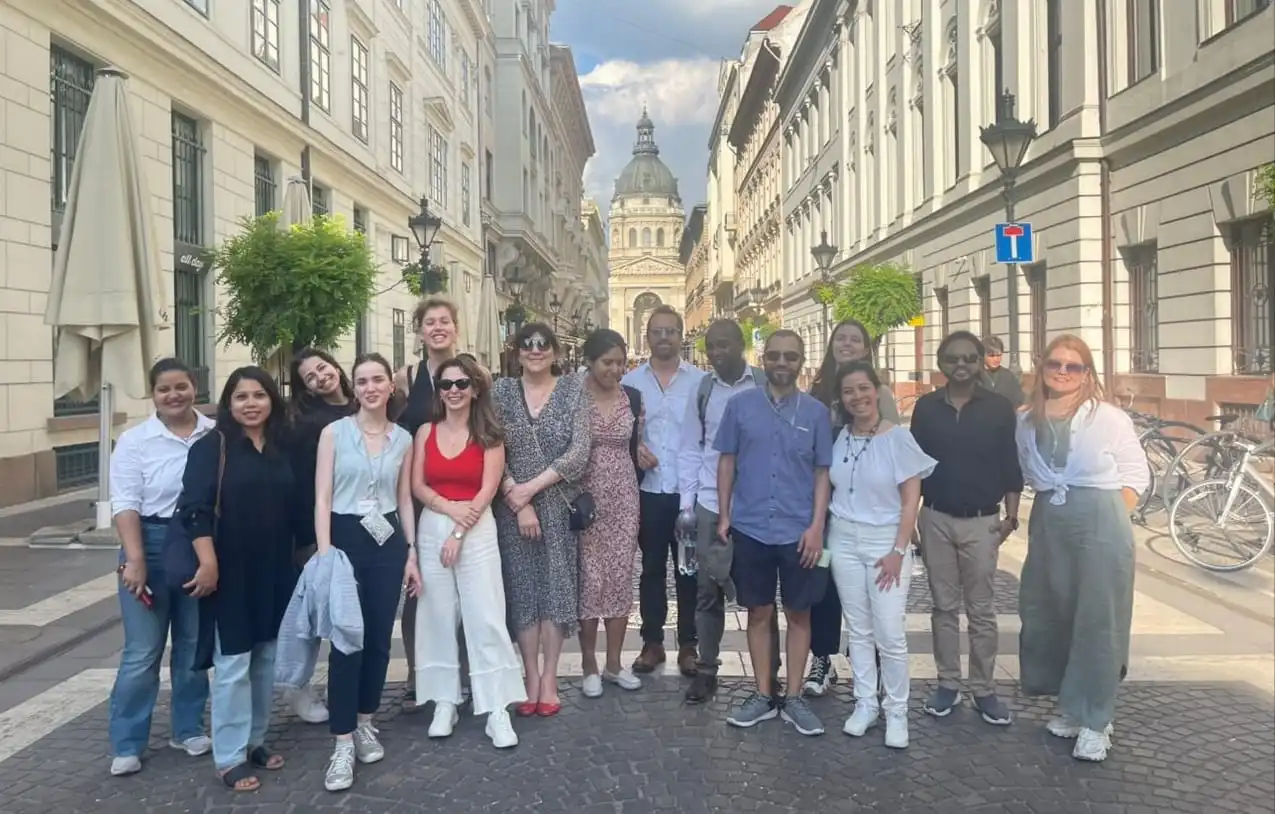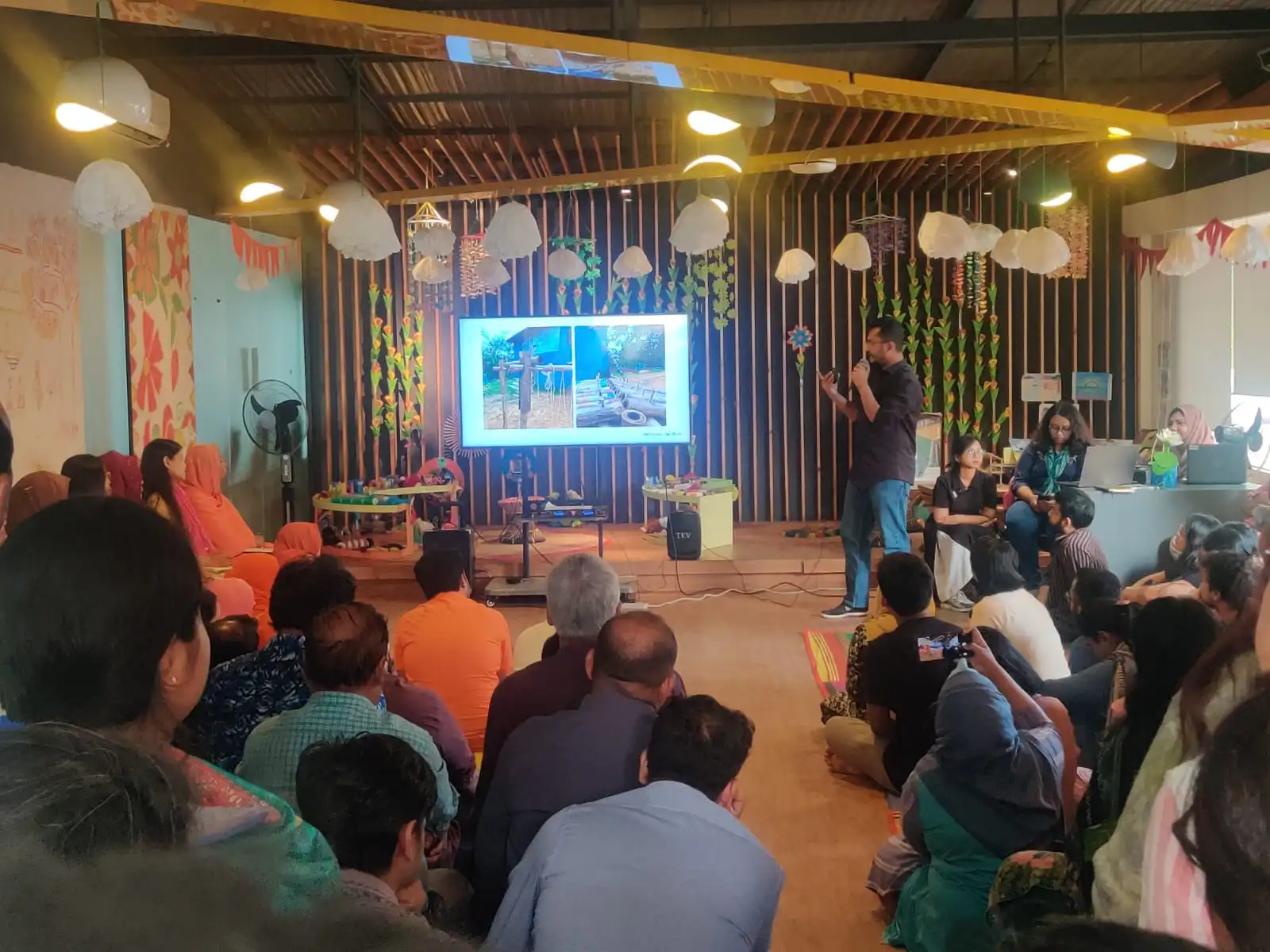Presenters
Sakila Yesmin
Sr. Lecturer
ECD Research Team
Taslima Begum
Sr. Research Associate
ECD Research Team
Sakila Yesmin1, Taslima Begum1, Niloy Hossain1, Subrina Sultana1, Shuvo Sarkar1, Kazi Farhana Matin1, Nabiha Sultana1, Takashi Izutsu2, Atsuro Tsutsumi3, Julie Stone4, Erum Mariam1
1BRAC Institute of Educational Development, BRAC University, 2University of Tokyo 3Kanazawa University 4Infant, child and family psychiatris
t, Australia
Session Details
To address the shortage of mental health resources in Bangladesh, BRAC has introduced a community-based psychosocial support service (PSS) which is known as ‘ BRAC Paracounsellor Model’. This model utilizes Paracounsellors who are trained and work under the guidance and supervision of psychologists. It serves as a solution to improve the population’s access to mental health care, enabling them to manage day-to-day mental distress. In the development of this model, BRAC IED collaborated with the University of Tokyo, Kanazawa University, and an Infant, child, and family psychiatrist from Australia to evaluate its impact in both mainstream and Rohingya camps. This evaluation employed a mixed-method approach, combining a quasi-experimental design with pre-posttest measurements for the quantitative component. The research findings demonstrate that the model has been instrumental in enhancing the knowledge and professional skills of paracounsellors in the field of mental health, empowering them as proficient mental health practitioners. In turn, their skills allow them to establish a safe environment for clients to openly discuss their issues. Significantly, this model has proven its effectiveness in promoting mental health by reducing distress, levels of depression, and PTSD among clients in both mainstream and Rohingya camps. Most importantly, the Paracounsellor Model has had a positive impact on the broader community by creating awareness and effectively addressing the mental health challenges within the community. The assessment of the model’s impact in diverse settings is still under investigation, and the publication of the findings on a global scale is currently in progress.
